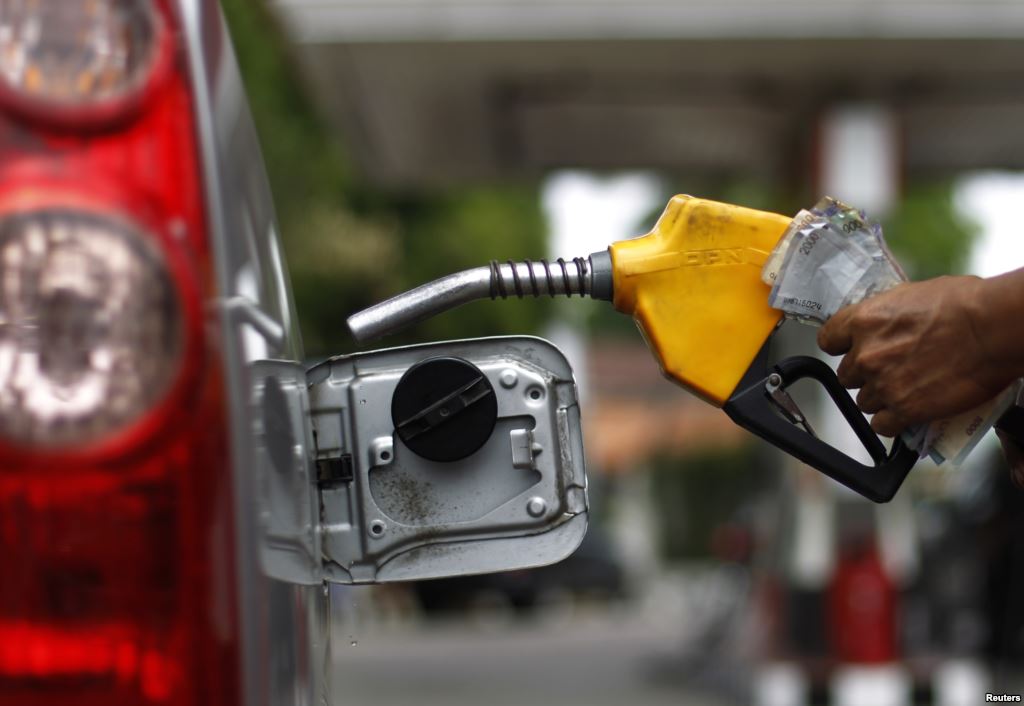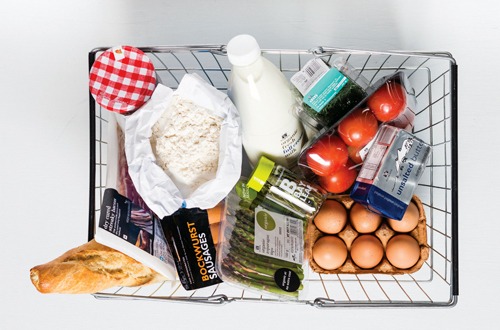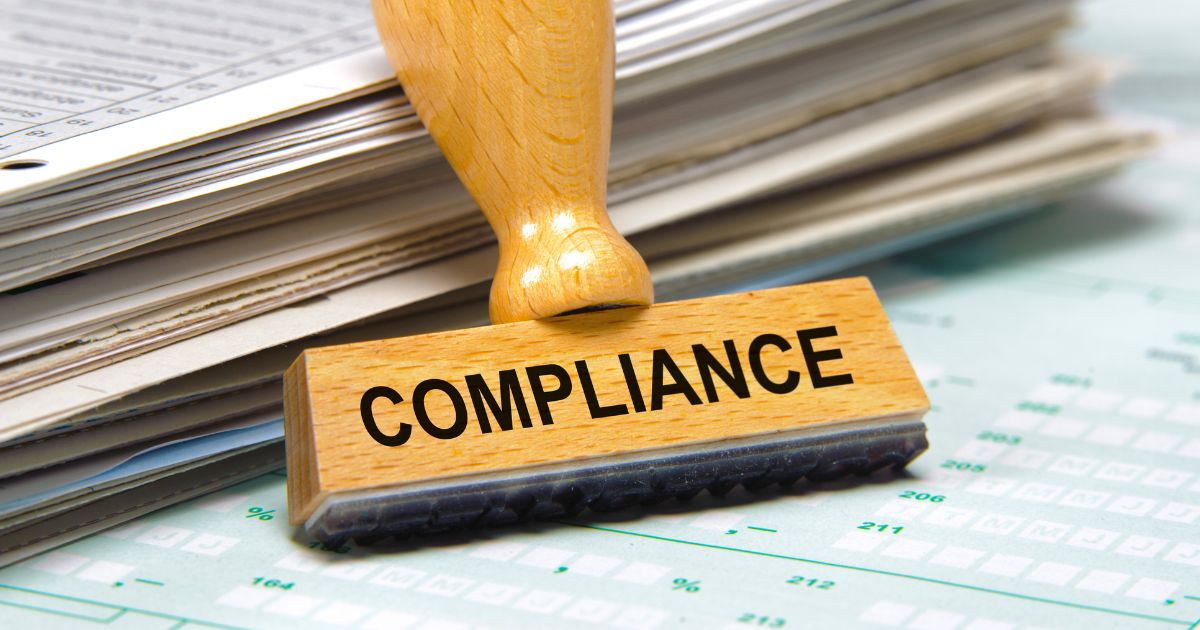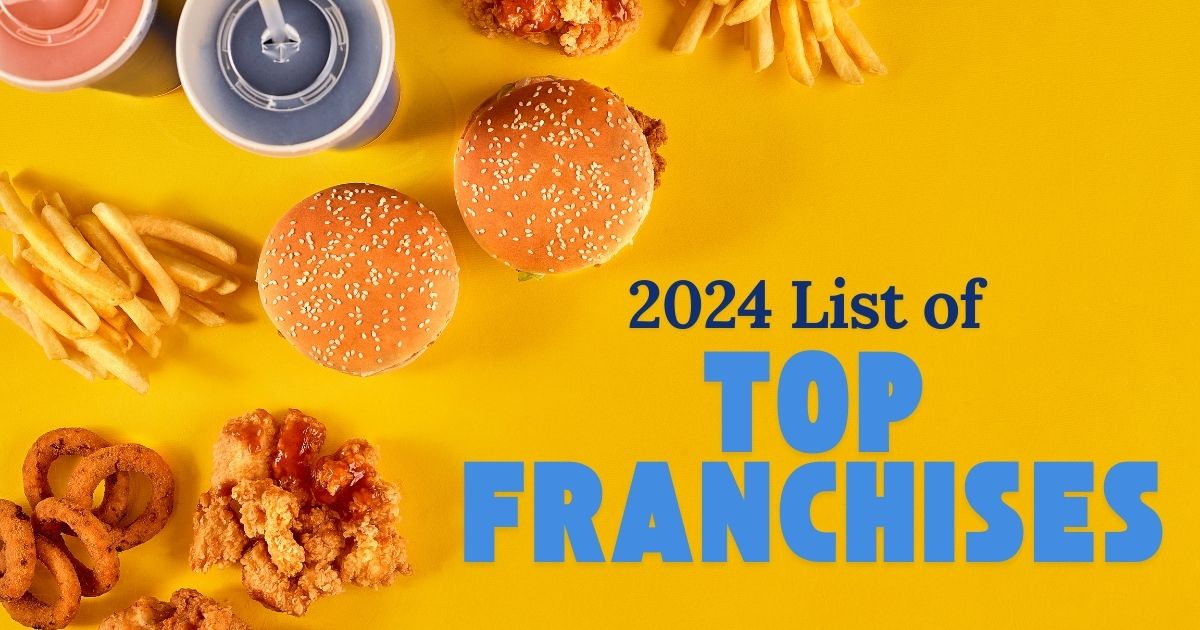
By James Noble, Business Development Management for the Fuel Retail Industry, Absa Business Banking
There are around 4,600 service stations in the country which pump approximately 300,000 litres of fuel per month nationally.
Service stations are owned and operated by individual owners, but in most instances, the land and assets on it are controlled by the big six oil companies. A franchise or retail agreement manages this relationship. In some instances where the retailer owns the land and assets, a supply agreement governs the relationship with the fuel supplier.
Here’s everything you need to take into consideration.
Average Setup Costs
When it comes to the setup costs for a local service station property development, you can expect these to range from R 15 million for an average site, through to R100 million for a double-sided site on the highway, for instance.
The average key money for a new service station operation payable to the oil company ranges between R 2,5 million and R 15 million, depending on the cost to develop, projected volumes, and profitability.
Working Capital Requirements
In terms of the normal working capital requirements for stock as well as operational expenses, the financial need can range from R 1,2 million to R 1,5 million. Due to the recent fuel price increases, some of the sites now require facilities of up to R 2 million. For every R 1 increase in the fuel price, a service station business requires an additional R 100 000 in working capital.
The Impact of Fuel Price Fluctuations
One of the most important factors that impact the bottom line of service station businesses is the fuel price. People usually assume that when there is a fuel price hike, the service station businesses make more money. However, this is not the case. The profit margin of the business reduces due to the increase in operational expenses directly linked to turnover on a percentage basis, i.e., cash management and merchant service fees.
The retailer margin, determined by the Department of Energy, called RAS (Regulatory Accounting System), doesn’t make sufficient provision, and there is an under-recovery of nearly 7 cents per litre. The business must recover the increased operational costs from the Entrepreneurial Compensation margin, currently standing at 26,3 cents per litre.
In addition, while the price of fuel goes up, motorists’ budgets may have very little room to grow, and so many patrons opt to pursue public transport alternatives such as the Gautrain, carpool with their fellow employees, and consequently use and fill up their vehicles less frequently.

Additional Revenue Streams
As the fuel price fluctuates and retailers work on fixed margins, it is important for the service station business to grow fuel volumes and revenue. Consequently, fuel retailers are leveraging alternative profit opportunities (APOs) that contribute to the performance of the forecourt by introducing additional revenue streams.
The most traditional option for an APO has been convenience stores, particularly as South Africans have begun to work longer hours with less time to prepare meals. The fact that you can fill up your car and purchase bread and milk, or quick meals, enables service stations to play on convenience more than conventional retailers.
These days, established retailers such as Woolworths, Pick n Pay, OK, Freshstop, and SPAR are partnering with oil companies and service station businesses in order to capitalise on that convenience and increase their market share.
In addition, we are also seeing other APOs like carwash services, quick service restaurants such as Wimpy, Debonairs, and Steers, plus ice cream shops and coffee franchise brands like Mugg & Bean, Vida e Caffe, and Seattle Coffee that have begun to appear at service station businesses.
Another option to boost foot traffic at service station businesses is loyalty initiatives. More and more businesses are partnering with organizations such as Avios, SAA Voyager, and companies like Clicks, Dischem, and Absa Rewards with Sasol, where customers can get up to 15% cash back on fuel spend. This includes loyalty points that they can accumulate and use for partner offers and discounts.
What It Takes to Be Viable/Profitable
Probably the most important consideration is viability. Within South Africa, there are three ways to become involved in the fuel retail industry, with the first of these being investing in the development of a service station i.e., the physical building, land along with the associated assets (property investment).
Alternatively, you can buy the business operation only or opt to purchase both the property and the operation.
If you want to buy an already existing service station, the foundation for the cost associated with this will be its profitability. This usually fluctuates between R 2,5 million and R 35 million. The industry norm is to use a formula based on average monthly EBITDA before owner’s remuneration multiplied by 36.
Business Plan and Models
All of these requirements translate to the need for you to have a well-thought-out business plan to present to the bank or alternative financier. Also required is a thorough understanding of the fuel retail sector and a financial institution like Absa that understands the challenges of the industry and through its financial solutions can partner with you on your journey towards successfully owning and/or operating your own service station business.















